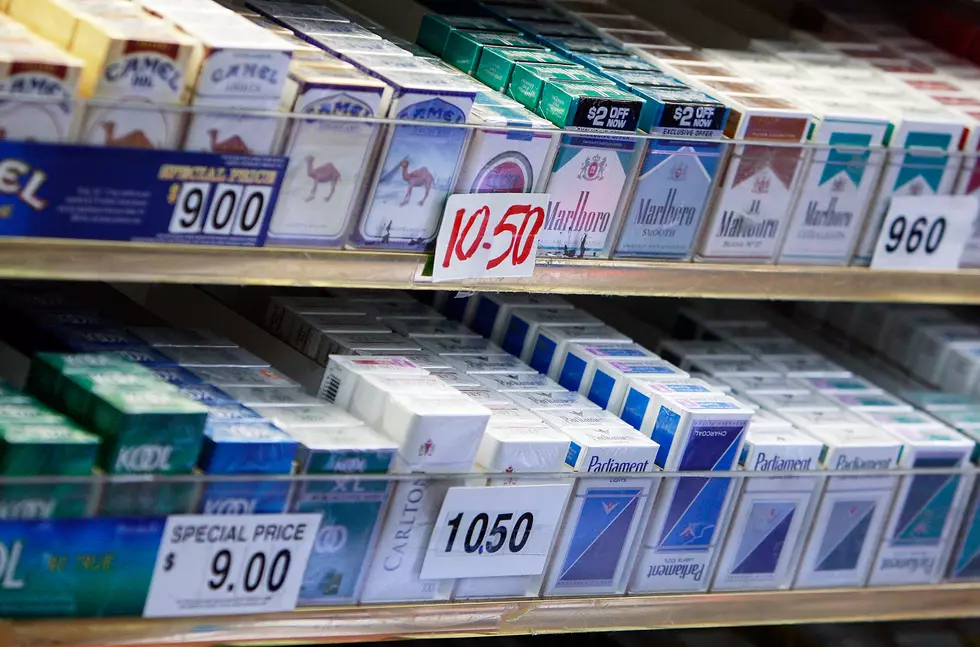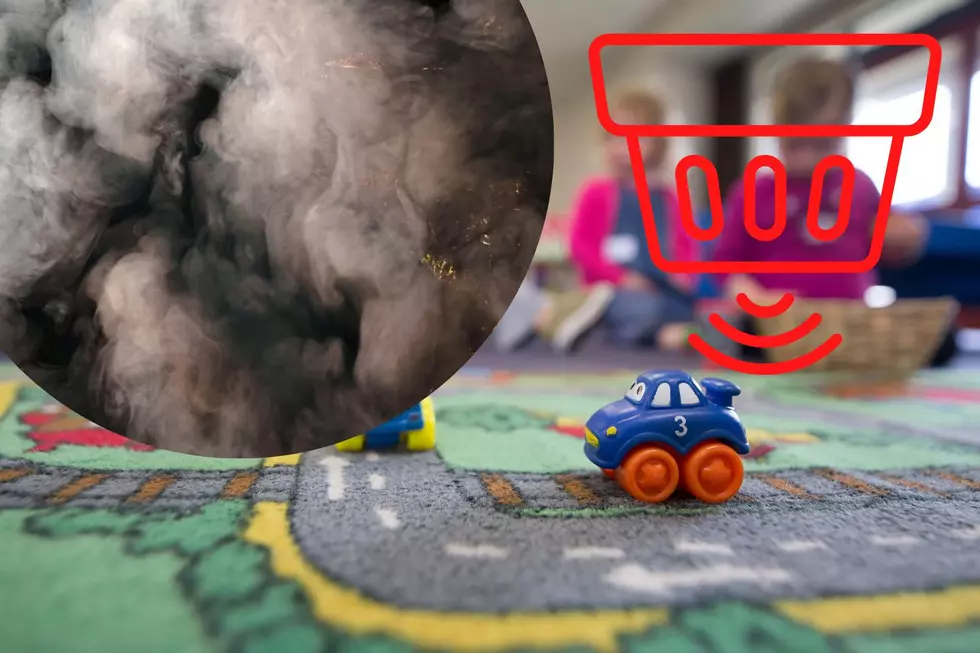
‘High rates’ of underage tobacco sales uncovered in NJ study
Even after presenting identification that shows they're under the age of 21, many individuals were able to purchase tobacco as part of an undercover study in New Jersey.
The Rutgers study, which sent people aged 18 to 20 to more than 80 licensed tobacco merchants within a 25-mile radius of New Brunswick, found "high rates of non-compliance" by convenience stores and gas station kiosks.
In more than 40% for their visits, the buyers successfully purchased cigarettes, cigars, and other tobacco products, even though state and federal law prohibit merchants from selling these items to customers under the age of 21.
The undercover buyers were carded in about two thirds of their purchase attempts, and still managed to get their hands on their request 14% of the time. Licenses issued to New Jersey residents under 21 are vertically oriented, so cashiers who asked for ID could immediately see that would-be buyers were underage, researchers noted.
"The takeaway is that current conditions may prevent some easily discouraged buyers from acquiring tobacco products, but underage buyers who want tobacco products will have no trouble acquiring them," said lead author Mary Hrywna, an assistant professor at the Rutgers Center for Tobacco Studies and Rutgers School of Public Health.
Failing to card was the strongest predictor of an underage sale, the study found. Gas kiosks and non-chain convenience stores carded less than frequently than chain convenience stores.
In New Jersey, merchants who sell tobacco to a person under 21 years of age can be fined at least $250 for a first offense, $500 for a second offense, and $1,000 for subsequent offenses, and may be subject to a license suspension or revocation. It is not illegal for individuals under the age of 21 to purchase or possess tobacco.
The attempted purchases took place between 2019 and 2020. A 2017 New Jersey law bumped up the legal age for tobacco purchases from 18 to 21 — that's also the legal age nationwide now. A federal law from 2010 requires merchants to card anyone who looks younger than 27.
"So, carding should be happening, at a minimum," Hrywna said.
The five trained buyers were each sent to more than 80 stores for the study. They were instructed to never lie about their age and to always present their legitimate ID when asked for it.
Similar research will be done in the future in New York City and North Carolina.
"A better understanding of how the problem varies from place to place will increase our chances of solving it or, at the very least, minimizing it," Hrywna said.
Dino Flammia is a reporter for New Jersey 101.5. You can reach him at dino.flammia@townsquaremedia.com
Click here to contact an editor about feedback or a correction for this story.
10 years later — Sandy makes landfall in New Jersey
LOOK: Baby names that are illegal around the world
More From Beach Radio










